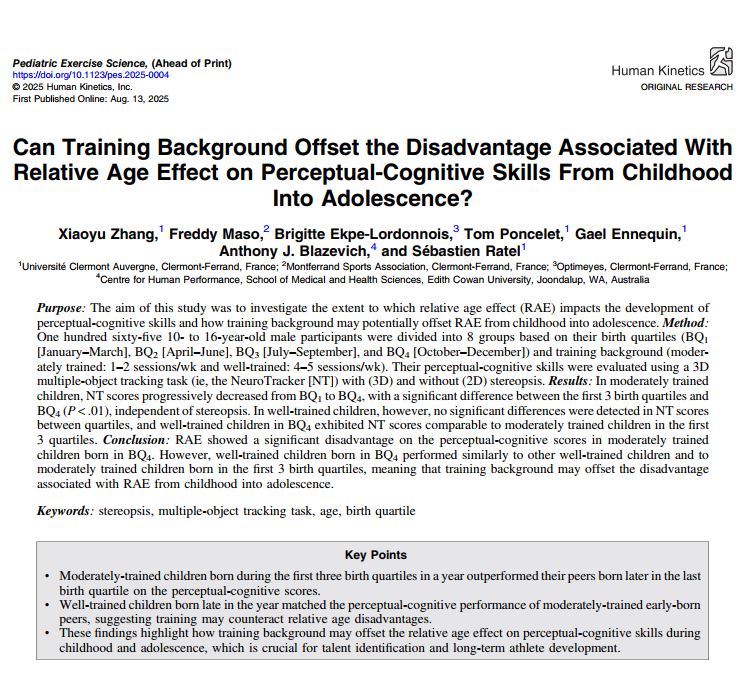Welcome to the Research and Strategy Services at in today's fast-paced.


In the world of sports, physical prowess often takes center stage, but there's another layer to athletic performance that deserves attention: cognitive skills. From making split-second decisions to tracking multiple moving objects, the mental demands of sports are what separates elite athletes and the super-elite. Understanding the unique mental challenges in different sports can shed light on how athletes perform at their best and reveal valuable insights into human performance. Here we'll highlight some the specific skillsets of different sports from the perspective of brain capacities, providing insights as to why mental agility is a game-changer for athletes.

Soccer players constantly operate in a high-speed environment where quick thinking and adaptability are crucial. Some distinct cognitive demands include:

Tennis involves rapid exchanges and requires players to read their opponent’s movements and respond in fractions of a second. Key cognitive challenges include:

Basketball is a fast-paced sport where players must make quick decisions, communicate effectively, and maintain spatial awareness in tight spaces. Cognitive requirements include:

In American football, the complexities of playbooks and situational shifts add unique cognitive layers to performance. Critical cognitive demands include:

Martial arts involve precision, strategy, and the ability to anticipate an opponent's moves. Key cognitive demands include:

Formula 1 drivers operate in extreme environments, demanding unparalleled focus and control. Cognitive challenges unique to racing include:

In esports, athletes compete in a digital realm but still face intense mental demands. Key cognitive skills needed in esports include:

Cognitive skills are as crucial as physical ones in sports, and specialized training can enhance these abilities. NeuroTracker is one of the science-backed tools athletes use to sharpen their cognitive skills, targeting capabilities like multi-object tracking, reaction time, and attentional focus. By practicing cognitive skills that mirror the demands of specific sports, athletes can improve in areas like situational awareness, split-second decision-making, and rapid adaptability. This type of mental training allows athletes to elevate their game, enhancing their performance in ways that physical training alone can't achieve.








Welcome to the Research and Strategy Services at in today's fast-paced.

Standardized testing environments combine predefined formats and time limits that narrow how knowledge can be expressed. This interpretive guide help to distinguish structural constraint from reduced cognitive capacity.

Divided attention demands can alter performance through multiple processing streams rather than reducing cognitive capacity. This article interprets how to distinguish structural allocation from diminished ability under environmental constraint.

Reduced action range can alter performance by narrowing what can be physically or perceptually executed rather than diminishing cognitive ability. This article interprets how to distinguishing structural boundaries from capacity limitation.
.png)